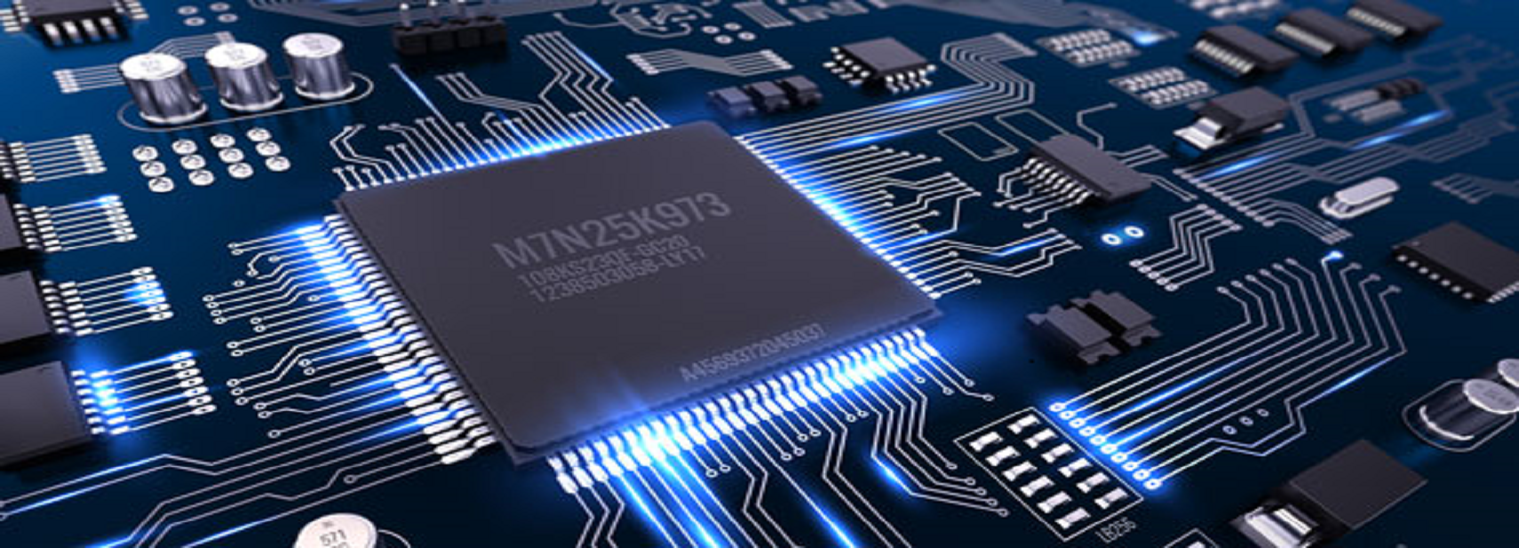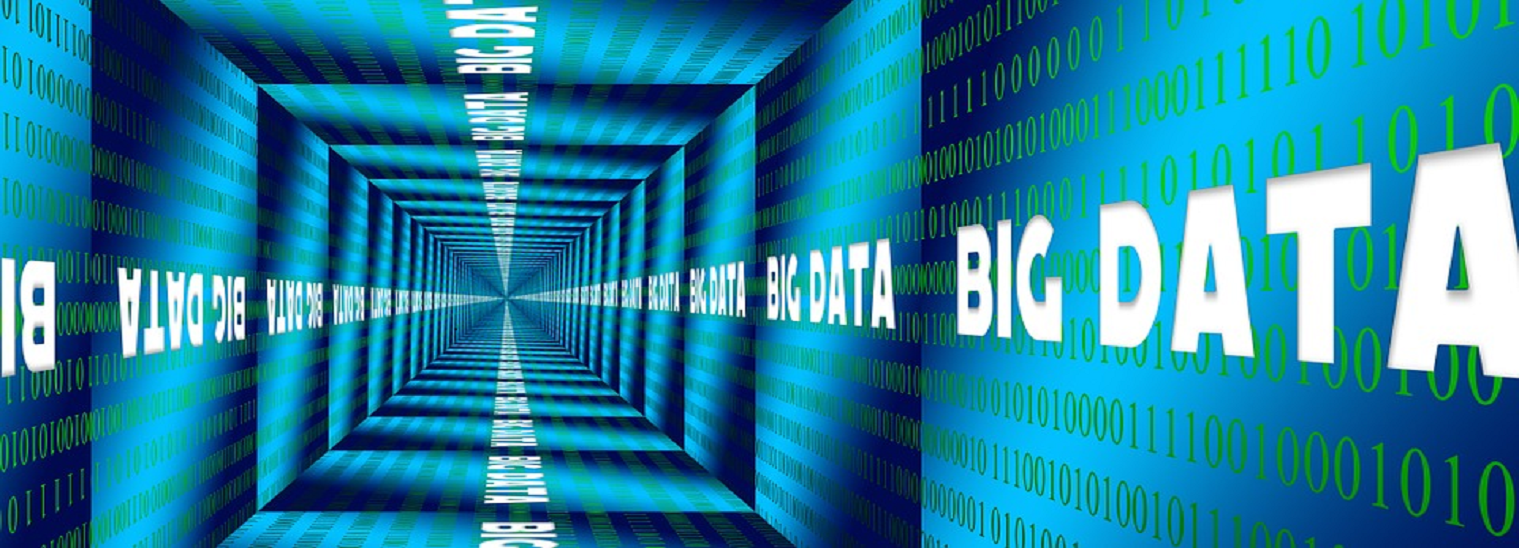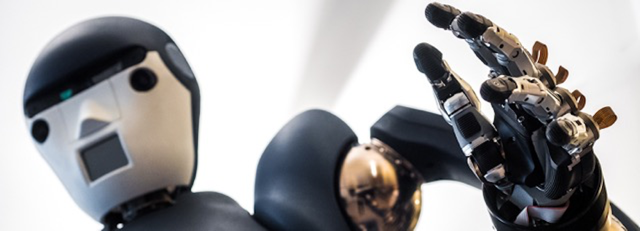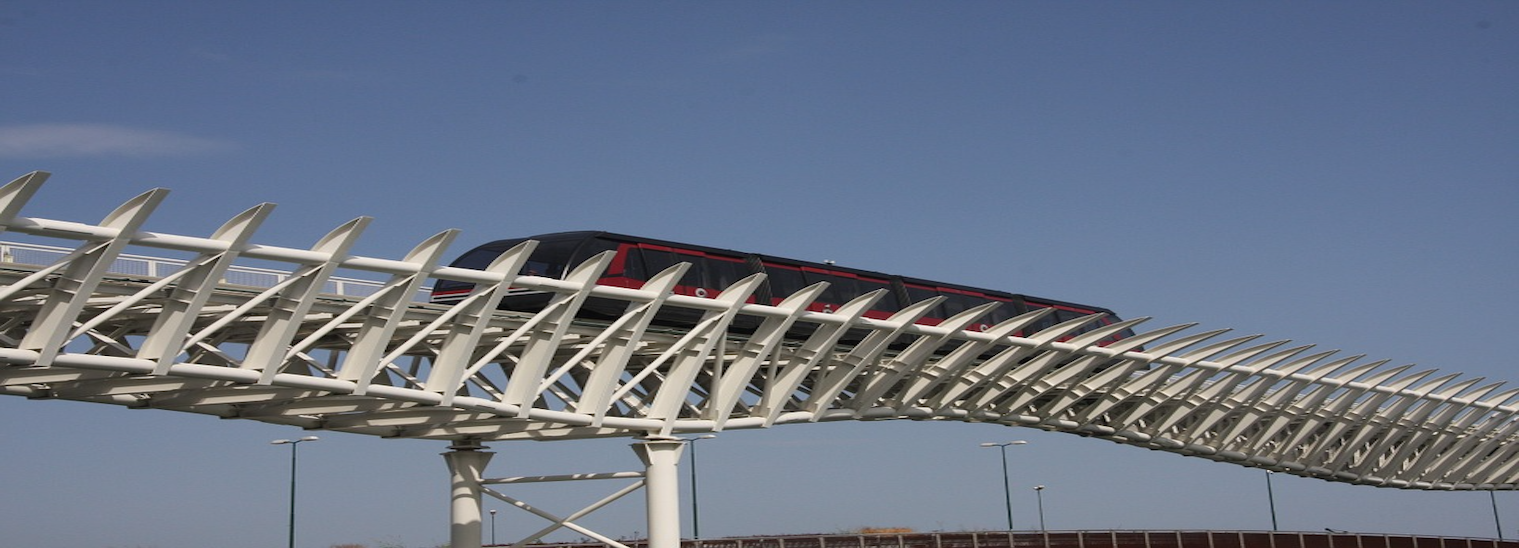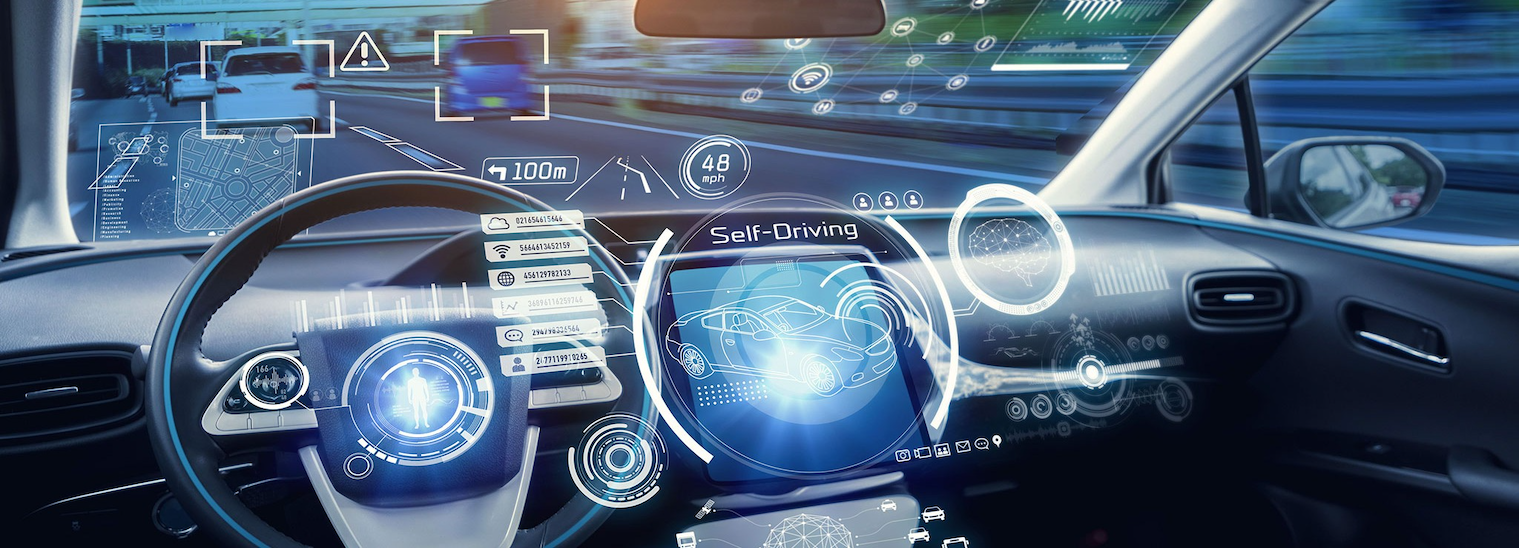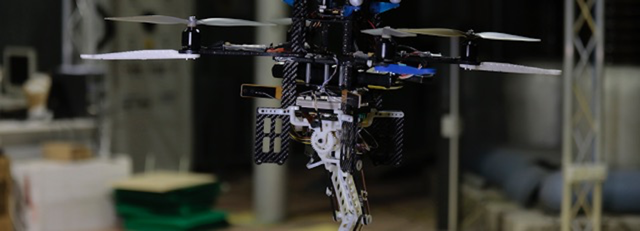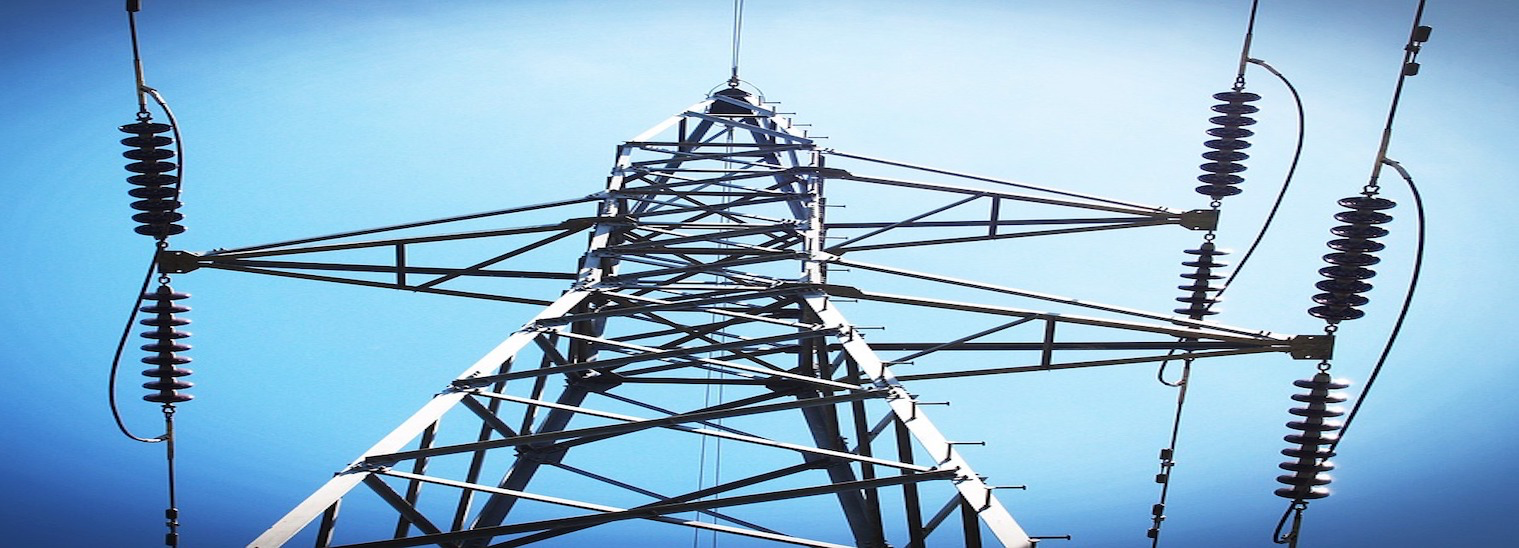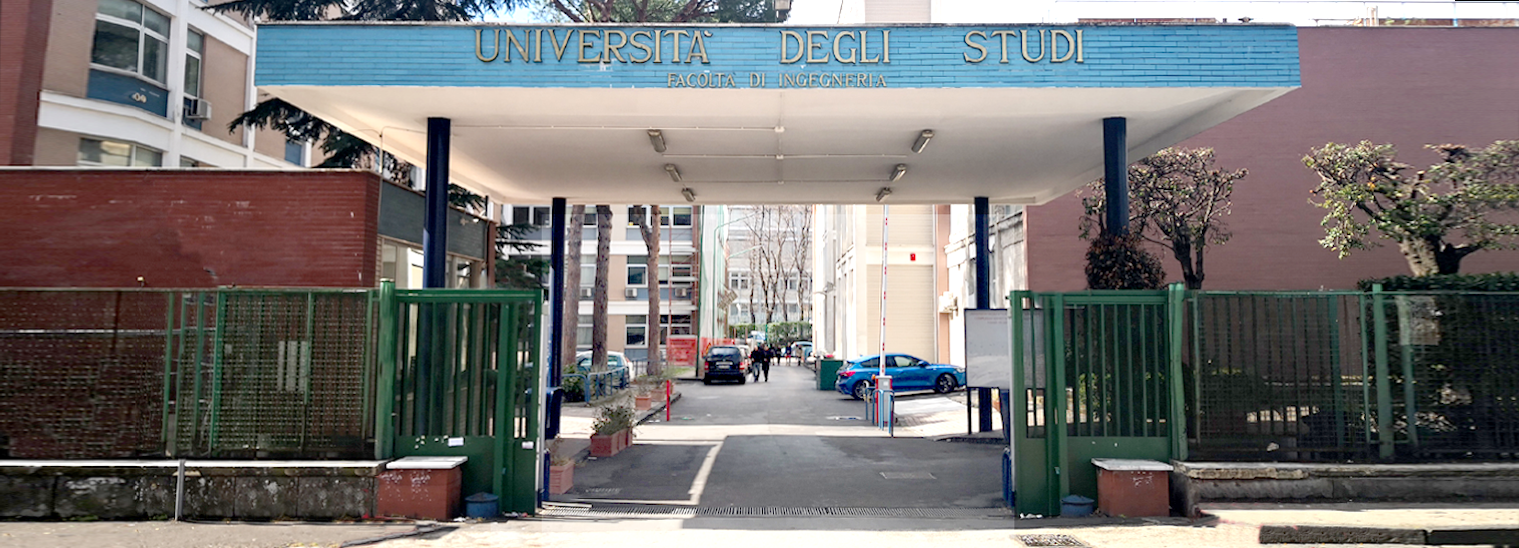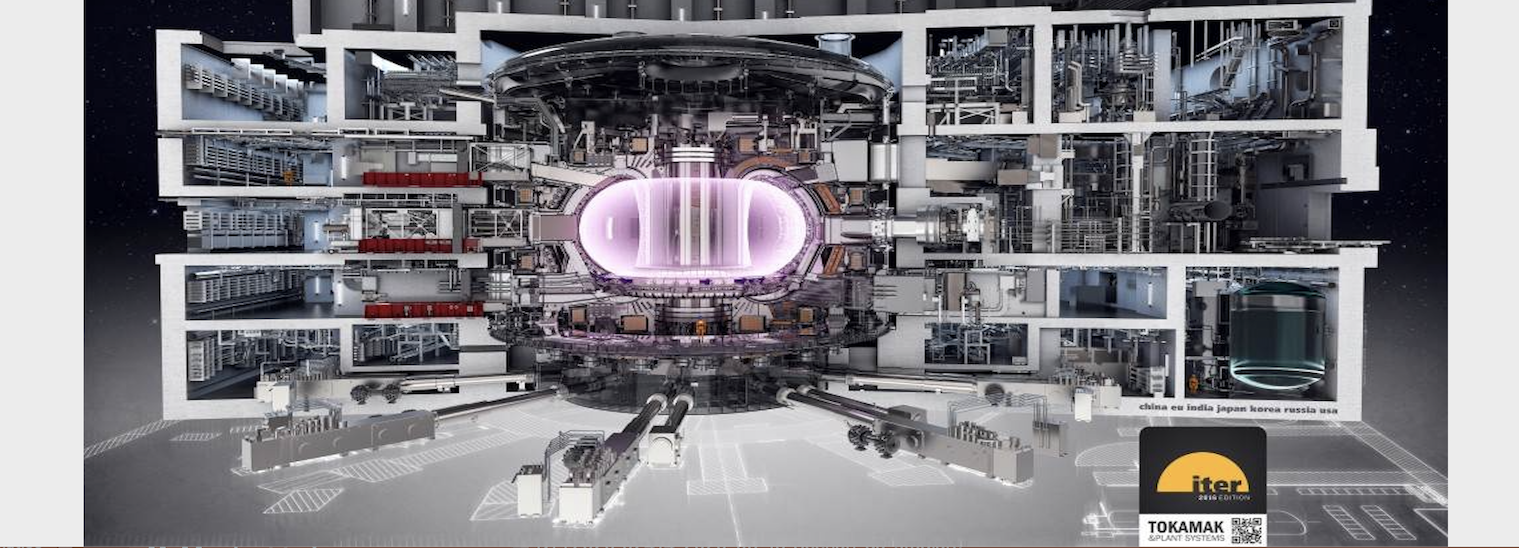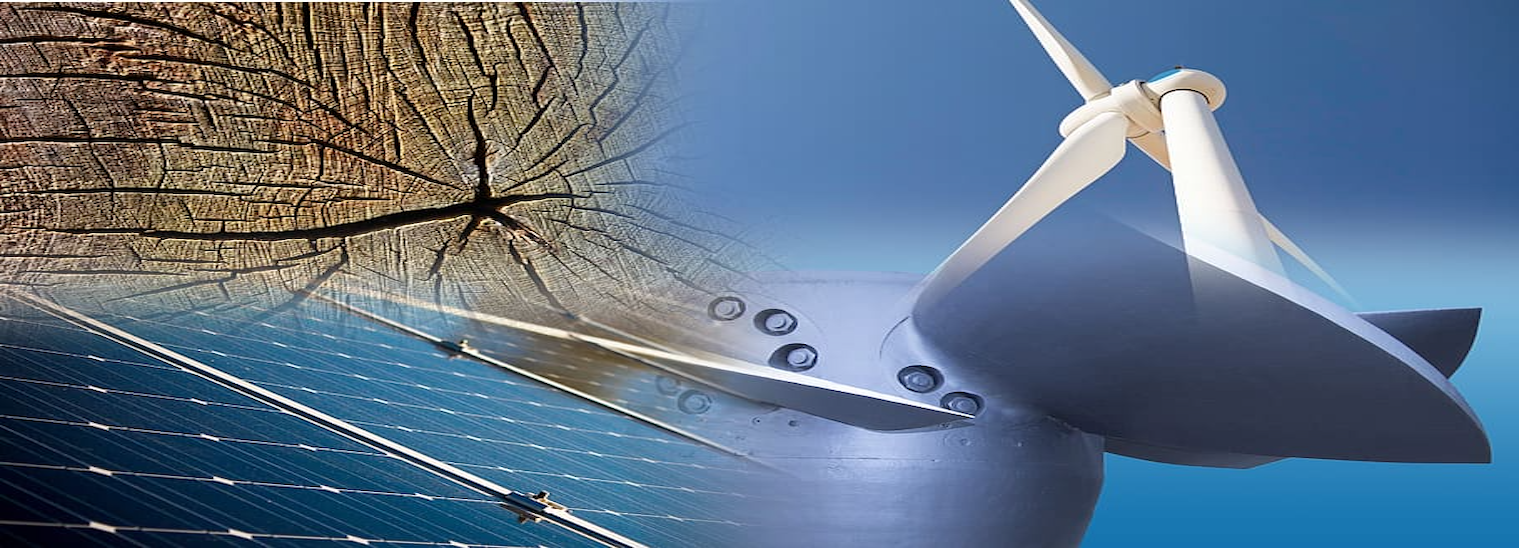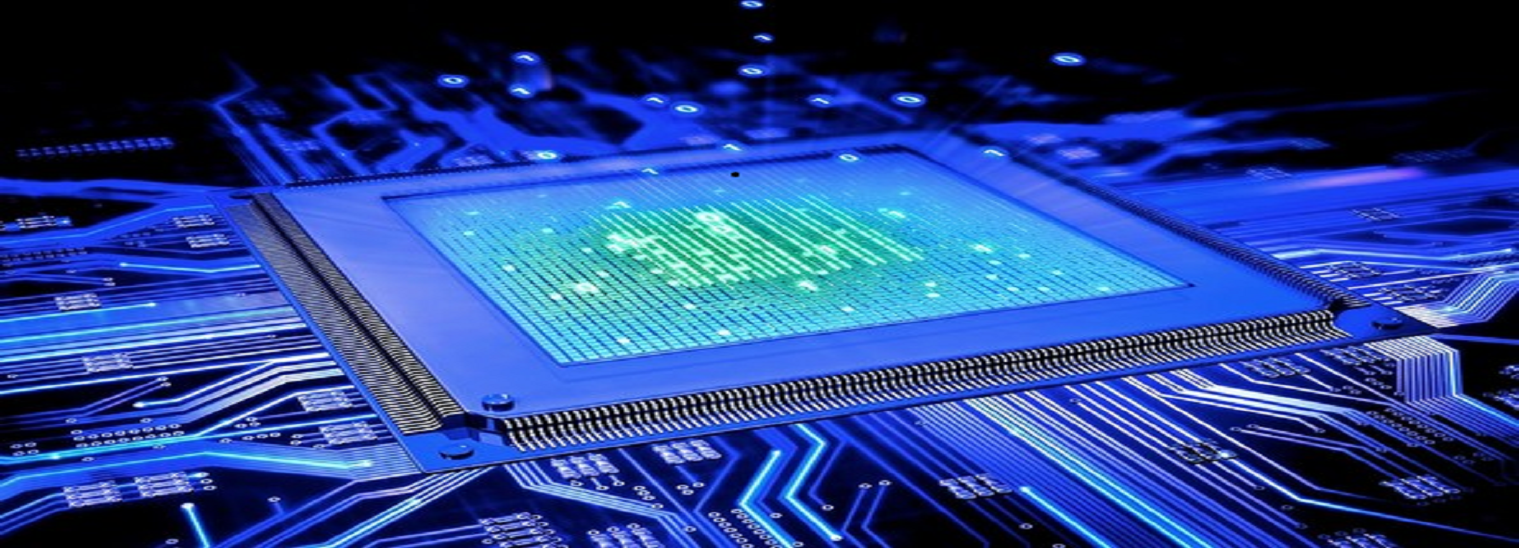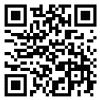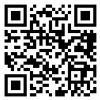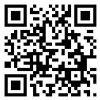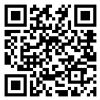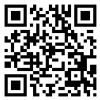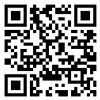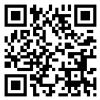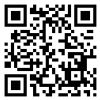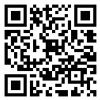Ad hoc ITEE PhD courses
Some ITEE courses are organized in conjunction with other PhD programs hosted by Departments of the Polytechnic and Fundamental Sciences School of the Federico II University
Academic year 2023-24
| Course title | Period | Lecturer | Course Description / Syllabus | Venue / Organizer(s) | CREDITS |
|---|---|---|---|---|---|
|
Operational Research: Mathematical Modelling, Methods and Software Tools for Optimization Problems |
2-9-16-23-30/07/2024 | dr. Adriano Masone |
Operational Research is the discipline of applying advanced analytical and quantitative methods to help make better decisions. The course teaches how to build mathematical models of optimization problems, to classify models, and to understand the mathematical foundations of algorithmic techniques that enable their solution. Furthermore, the course includes a laboratory component with an emphasis on modelling and the use of an optimization software. Finally, optimization problems arising from real case studies in various application fields and their related solution approaches will be discussed at the end of this course. The course duration is 12 hours. It includes five two-hour lectures, one per week, and a final assessment of two hours. |
dr. Adriano Masone, DIETI - Unina |
4 |
|
Machine Learning for for Science and Engineering Research |
8-9-10-11-12-15-16-17-18-19/07/2024 | proff. A. Corazza, R. Prevete, C. Sansone, A. Lieto |
The course introduces the main topics in machine learning for both supervised and unsupervised |
prof. Anna Corazza - DIETI, Unina |
5 |
|
Scienza moderna e disciplina giuridica dell'Intelligenza Artificiale |
3-5-10-12-17-19-24-26/06/2024 1-3/07/2024 | prof. Lucio Franzese |
The course investigates the structure of scientific knowledge, the way in which science proceeds, starting from the intuition of Galileo Galilei according to whom "the book of nature is written in mathematical language, and the characters are triangles, circles and other geometric figures”, which gave rise to the development of modern science. Referring to contemporary scientists and epistemologists, the hypothetical-deductive character and the operational function of scientific reflection will be highlighted, the aporias of which can be identified and overcome through philosophy, which etymologically expresses the love of knowledge. In particular, the claim of science to grasp the truth while it masters the phenomena it deals with will be refuted: scientia propter potentiam. |
prof. Lucio Franzese, DIETI-Unina
|
6 |
|
Industrial Embedded Systems Design with the ARM Architecture |
3-7-10-12-13-14-26/06/2024 | prof. Mario Barbareschi |
The course offers attendees the opportunity to delve into the intricacies of ARM-based microcontroller utilization, a cornerstone in modern embedded system design. Through its comprehensive program, the course aims to equip participants with a robust understanding of pipeline stages of Cortex-M core, the Embedded Application Binary Interface (EABI) principles, alongside fundamental concepts in C-Assembly optimization. Furthermore, students will engage in a practical exploration of designing an embedded operating system, serving as a compelling case study to reinforce theoretical foundations. Participants in the course will receive embedded boards featuring processors based on the ARM Cortex M3 architecture. The relevance of this course extends beyond theoretical comprehension, offering practical insights essential for developing cutting-edge embedded systems tailored for Internet of Things (IoT) and edge applications. In an era marked by the proliferation of battery-powered, resource-constrained devices, adeptness in ARM-based microcontroller utilization becomes indispensable. Moreover, with a focus on safety-critical systems, students will be introduced with open challenges and will gain valuable insights into ensuring the reliability and robustness of their embedded solutions, vital for mission-critical applications. The final assessment for the course will be structured around a self-assigned project, providing students with the opportunity to explore topics close to their own research activities and aptitudes, as well as their own curiosity. Moreover, in association with the fourth lecture, students will be challenged with a homework assignment. |
prof. Mario Barbareschi, DIETI-Unina
|
4 |
|
Innovation and Entrepreneurship |
12-14-19-21-26/06/2024 | prof. Pierluigi Rippa, Dip. Ing. Industriale |
Pitching and Communication Skills: Help PhD students learn how to effectively communicate their ideas to investors, partners, and customers. This could include pitch training, storytelling techniques, and presentation skills.
|
prof. Pierluigi Rippa, DII - Unina |
4 |
| Introduction to Control Theory | 11-12-16-18-19-23-26-27-30/04/2024 02-03-07-09-10-14-16-17-21-23-24-28-30-31/05/2024 | prof. Mario Di Bernardo |
This course will introduce you to the fundamental concept of “feedback” in dynamical systems and to the mathematical foundations of Control Theory. Control theory is the “Science of Feedback” and Mathematical Control Theory a branch of Applied Mathematics whose recent developments have made possible, for example, the implementation of autopilots on airplanes and the landing of automatic interplanetary probes on Mars. Nowadays, novel challenges have arisen which require a proper mathematical understanding. Hybrid Control, Internet congestion control and the control of multiagent systems are just some examples of recent applications of control theory. |
prof. Mario Di Bernardo, DIETI, Unina
|
6 |
| Big Data Architecture and Analytics | 6-7-13-14-16-20-21/05/24 | dr. Giancarlo Sperlì, DIETI |
The course aims to investigate Big Data methodologies and architectures for supporting analytics in different application domains from different points of view. In particular, the course provides an analysis of Big Data Management and Data Analytics Lifecycle, concerning the design of large and complex data systems. Furthermore, the course focuses on the processes of ingestion, modeling, analysis, and visualization of Big Data. Possible applications of these methodologies and architectures for different case studies (i.e., health, industry 4.0, and social media) will be discussed at the end of this course. There will be a final assessment. |
prof.Giancarlo Sperlì - DIETI, Unina
|
5 |
|
Matrix Analysis for Signal Processing with MATLAB Examples |
30/04/24 - 02-07-09-14-21-28/05/24 |
dr. Massimo Rosamilia |
The course provides an overview on some topics in matrix theory together with their intrinsic interaction with and application to signal processing. The most important and "useful" tools, methods, and matrix structures are emphasized and complemented with MATLAB examples. The lectures cover basic matrix structures and operations, the concept of matrix norm, orthonormal matrices, Householder transformations, Givens rotation, QR factorization, singular value decomposition, positive (negative) semidefinite matrices and their eigenvalue characterization, Schur complement, Cholesky factorization, matrix gradient, least square problems, Kronecker product. |
dr.Massimo Rosmilia - DIETI, Unina
|
3 |
|
I pilastri della trasformazione digitale |
20, 22, 25 e 26 marzo e 4 e 5 aprile |
dr. Francesco Tortorelli -Independent consultant |
La progettazione di sistemi informativi complessi sotto la responsabilità di diverse organizzazioni settoriali (come ad esempio la sanità, i trasporti o l’agricoltura) e intersettoriali, così come l’estensione di un progetto in tali ambiti, richiede un approccio metodologico e una sensibilità agli aspetti regolatori. Le lezioni di questo corso illustrano il contesto metodologico, funzionale e regolatorio - italiano ed europeo -, per iniziative di trasformazione digitale. Tale contesto è da ritenersi sempre obbligatorio quando almeno uno degli attori è una pubblica amministrazione e in molti casi anche tra privati. I macro argomenti trattati toccheranno, gli standard, i principi e l’applicazione dell’interoperabilità, il quadro regolatorio europeo e nazionale del settore, con particolare riguardo a quei servizi (trust services) che garantiscono, con valore legale e probatorio, le transazioni digitali (identificazione di soggetti e organizzazioni, trasmissione di documenti, sottoscrizione di documenti e conservazione di documenti). Verranno toccati i principi generali della contrattualistica pubblica e il regime degli acquisti. Gli strumenti appresi in questo ciclo di lezioni consentiranno di estendere i campi di applicazione della ricerca; in tal senso il project work finale, in data da definirsi, consisterà in un caso di applicazione di quanto appreso nelle lezioni nel contesto delle linee di ricerca del dottorato. Il corso prevede una prova di valutazione finale. |
prof. Nicola Mazzocca - DIETI, Unina
|
3 |
|
Using Deep Learning properly |
23-25-30/01/2024 01-06-08/02/2024 |
Dr. Andrea Apicella, DIETI |
Designing and implementing a Deep Learning system is not an easy task. The process requires several choices regarding model design, data engineering, parameter modification and testing. This process is easily subject to errors that are not easily identifiable and, in some cases, may lead to overestimating the performance of the proposed solution. This course aims to provide a general pipeline for designing and validating a machine learning system, avoiding the most common errors that can easily be made. To this end, it will be shown how to implement the experimental evaluation of simple classification tasks, highlighting their peculiarities and points to pay attention to. The practical part of the course is based on PyTorch, one of the best-known packages for neural networks. An introductory view of it is given. There will be a final assessment. |
dr. Andrea Apicella,
DIETI-ITEE PhD |
4 |
|
How to boost your PhD |
10-17-24-31/01/2024 7-14-21-28/02/2024 06/03/2024 |
Prof. Antigone Marino
|
Technical skills are the first ingredient for a successful career, but often the competition with others is played on other skills.
This course covers training on soft skills, aiming to widen the PhD student spectrum.
|
Prof. Antigone Marino Physics Department
|
5 |
|
IoT Data Analysis |
08-09-15-16-22-23/02/2024 |
prof. Raffaele Della Corte, DIETI |
This course will present advances on Data Analysis with emphasis on its adoption in the Internet of Things environments, where vast amounts of data are generated from multiple and heterogeneous data sources. The course will provide the students with the concepts and advanced techniques for analyzing field data (such as computer logs, event trace, system level metrics, IoT data) to understand the behavior of an IoT system from a dependability point of view. The course puts the basis for the development of analysis frameworks the students can leverage in their own research field. The final assessment will require students to prepare a good quality presentation about the potential application of the provided Data Analysis concepts and techniques to their research activities. Student’s presentations will take place in the last lesson. Details about the presentation format and schedule will be given during the course |
prof. Raffaele Della Corte, DIETI
|
4 |
|
Numerical Methods For Thermal Analysis, Modeling, And simulation: Application to Electronic Devices And systems |
26-30/01/2024 02-06-09/02/2024 |
dr. Antonio Pio Catalano, DIETI |
Nowadays, the assessment of the dynamic temperature evolution of electronic systems – regardless of their final applications – is of utmost importance. A solid foundation in thermal analysis, modeling and simulations will be presented in this ad hoc course. Although electronic devices and circuits will be considered as practical case-studies, the expertise gained in the use of the presented tools can be easily adopted in alternative areas in both IT and industrial scenarios.The primary target of this course is to guide students in correctly setting up thermal problems and extracting/exploiting key thermal metrics. The course includes a comprehensive schedule, featuring hands-on experience with commercial software for finite element method (FEM) simulations. Specifically, students will be provided with temporary licenses for COMSOL Multiphysics to conduct thermal simulations. In addition, the course covers the process of fitting thermal metrics in MATLAB and their modeling within a SPICE-like environment, offering practical insights and discussions. Examples of fully circuital electrothermal simulations in the SPICE-like software will also be presented.There will be a final assessment, in which students will be required to present how they can effectively apply the course material to a case study falling within their own research areas. |
dr. Antonio Pio Catalano, DIETI
|
4 |
|
Statistical data analysis for science and engineering research |
15-19-21-23-27-29/02/2024 |
Prof. Roberto Pietrantuono, DIETI |
The course provides an overview of the experimental design and data analysis and is intended for PhD students in science and engineering disciplines who need to use statistical methods and data analysis as part of their research. More specifically, the course introduces the main elements required to plan robust experiments according to the Design of Experiment (DoE) methodology and the basic statistics required to properly analyse the resulting data depending on the experimental settings. Common errors in experimental planning and misuse of statistics will be highlighted throughout the course. Finally, a brief introduction to analysis from observational data will be given. The course will show the application of what explained on exemplifying science and engineering research problems, possibly depending on the need of the participants. There will be a final assessment. The course foresees six two-hours lectures split in three weeks, two days per week. |
prof. Roberto Pietrantuono,
DIETI-ITEE PhD
|
4 |
|
Virtualization technologies and their applications |
08-10-15-19-24-25-29-31/01/2024 05-07-26/02/2024 |
Dr. Luigi De Simone, DIETI |
This course will present advanced virtualization technologies used today for both research and industrial applications, including embedded systems, networking, cloud computing, and telecom devices. The course will provide the students with the basis for developing experimental testbeds and novel systems with high-performance and reliability properties in their own research field. Every lesson consists of a first part with an overview of the specific virtualization technology, and the second part of a hands-on session to show how to use that technology in practice. At the end of the lesson, students are encouraged to start a discussion on why and how to adopt that virtualization approach in their research activities. To earn the credits, at the end of the course students need to provide a good quality presentation about the potential application of virtualization in the context of their research field, with the current state-of-the-art. Students’ presentations will take place in the last lesson. Details about the presentation format and schedule of the presentations will be given during the course. |
prof. Luigi De Simone,
DIETI ITEE PhD
|
5 |
|
Hands-on Network Intrusion Detection via Machine and Deep Learning |
09-11-16-17-18/01/2024 |
dr. Antonio Montieri - DIETI-Unina |
The course covers topics regarding the design, realization, and evaluation of Network Intrusion Detection Systems (NIDSs) used for protecting networks against attacks. Specifically, the course details how Machine Learning (ML) and Deep Learning (DL) approaches can be properly exploited to develop these detection systems. The course briefly provides the basics on the most common attacks against networks and on ML and DL models used to counteract them. The students will learn methodological guidelines to determine which are the most suitable models and input data based on, for instance, the problem to face (e.g., anomaly detection, attack classification), the information available (e.g., supervised vs. unsupervised), and the attacks to deal with (e.g., DDoS, BotNet). The course follows a “hands-on” approach that will guide the students toward the actual design, implementation, and performance evaluation of NIDSs, exploiting the tools provided by state-of-the-art (Python) frameworks (e.g., Scikit-learn, Keras, PyTorch). The course will make extensive use of actual case studies based on data from real network attacks (e.g., attacks against IoT or Android devices) to provide the operational scenarios for the detection systems. There will be a final assessment concerning the realization of a basic prototype and a report describing its design and evaluation. |
dr. Antonio Montieri - DIETI-Unina
|
4 |
|
Strategic Orientation for STEM Research & Writing |
07-15/12/2023 – 12-19/01 - 09-23/02/2024 |
Dr Chie Shin Fraser |
In a globally competitive environment where the value of research, and indeed one’s professional/academic success, is measured in terms of how impactfully research findings are communicated/disseminated (publication) and how many times they are cited (citation impact), researchers and academics - especially in STEM domains - are increasingly held to the motto “publish or perish!” Yet too many remain myopically focused on technical skills, failing to prioritise the strategic and communication skills needed to effectively showcase technical merit… until faced with imminent rejection of their submitted papers! Participants will learn to avoid such myopia with the value-driven orientation necessary to thrive amidst competition. Along with capacity-building attributes and core competencies including creative thinking and cross-disciplinary team work, participants will work to develop effective professional communication and writing skills, with a view to getting published. Designed to be interactive, this course emphasises active participation/discussion, and as with comparable offerings, has a normal course load incl: readings, in-class exercises/activities and at-home work (individual/team). Overall assessments are based on various learning components including collaborative research project, manuscript preparation and submission as applicable. |
Sig.ra Adriana D'Auria – DIETI- Unina
|
5 |
|
Artificial Intelligence and Natural Language Processing |
Autumn 2024 | Prof. Francesco Cutugno, dr. Dr. Maria Di Maro, prof. Antonio Orilia, prof. Vincenzo Norman Vitale |
The course introduces the new vision of Natural Language Processing (NLP) considering the recent revolutions in the field. The advent of Large Language Models like ChatGPT has brought huge changes in the way we all see AI but it has also increased expectations and “noise” in people’s minds. At the same time, we observed different reactions from experts in the field, who were forced to specify the pros and cons of this revolution, and from non-experts who suddenly became proficient in their own view. In this perspective, we decided to offer to the doctoral school, and anyone else interested, a series of lectures on the foundations of modern NLP and aspects related to AI. There will be a final assessment.
|
prof. Francesco Cutugno - DIETI - Unina |
3 |
|
Design of Extended Reality Software Systems |
Spring/Summer 2024 |
Dr. Domenico Amalfitano, prof. Anna Rita Fasolino |
The course introduces Extended Reality (XR) Software Systems to the researchers working in ICT and health domains, and presents software engineering solutions for specifying the requirements, designing, implementing, and evaluating the quality of such software systems. At the same time, the module will show the new research trends in the field of Extended Reality Software Systems and its novel applications in industry.
|
DIETI ITEE - ICTH PhD programs |
4 |
|
Electronic Scan Antennas for Radar Signal Processing Applications |
Spring 2024 |
Dr. Enzo Carpentieri |
This course will discuss the applications of Electronic Scanning Antennas in the Radar field and will provide the students with a brief introduction and a review of the main techniques/algorithms that can be applied for target filtering, beamforming, and detection. After a theoretical part, the attention will be shifted to some specific examples with emphasis on solutions proposed in practice. At the end of each lecture, students are encouraged to start a discussion on possible alternative techniques or solutions.
|
Prof. A. De Maio, Dr. V. Carotenuto - DIETI, Unina | 2 |
|
Cooperative and Non Cooperative Localization Systems |
Spring 2024 |
Proff. Antonio De Maio, Augusto Aubry, Dr. Vincenzo Carotenuto, DIETI |
The course provides an overview about radiofrequency cooperative and non- cooperative localization systems. The first part introduces basic concepts on radar systems and a variety of applications leveraging radar technology. The second part provides the working principles of diverse radiolocatization techniques and presents fundamental issues on the satellite navigation systems. The third and last part is focused on two important practical systems: the Secondary Surveillance Radar (SSR) for air traffic control and the Automatic Identification Systems (AIS) for maritime localization. There will be a final assessment. |
DIETI ITEE PhD |
3 |
|
Scientific writing |
Summer 2024 | Prof. Stefano Russo, DIETI |
The course covers the process of peer- reviewing and the tasks involved in reading, reviewing and writing scientific articles and their parts: abstract, introduction, original contributions, research method, experimentation, discussion of results, threats to validity, conclusions. There will be a final assessment. |
DIETI ITEE PhD |
3 |
|
From observability to privacy and security in discrete event systems |
Winter 2023 (38th cycle, second year) |
Prof. G. De Tommasi, DIETI - Prof. F. Basile, Univ. of Salerno - Prof. C. Sterle, DIETI |
The course tackles several topics related to the state estimation of Discrete Event Systems (DES) in presence of events whose occurrence cannot be detected, although their effect on the system is assumed to be known, and hence modeled. Starting from the state estimation problem for non- deterministic (uncertain) DES, the notion of diagnosability for unobservable fault will be introduced. Both graph-based and optimization- based techniques to assess diagnosability and to perform fault detection will be presented. If the unobservable events are used to model secret behaviors, the techniques adopted for state estimation and fault diagnosis can be further extended to deal with security issues such as non- interference and opacity. All the aspects will be framed both in the context of finite state automata (i.e., when dealing with regular languages), and for Petri nets, being these modeling tools the most used ones in the context of control engineering and industrial automation. At the end of the course there will be a final assessment. |
DIETI ITEE PhD |
5 |
|
Advanced Modelling and Control of Energy Storage Systems, Power Converters and Electrical Drives |
Spring 2024 (38th cycle, second year) |
Prof. Ciro Attaianese, Prof. Diego Iannuzzi, DIETI |
The course provides an advanced modelling and control of electrical energy storage systems and drives using methods and analysis as part of their research. More specifically, the course introduces the main elements required to model, design, and control the storage devices, power converters and motors considering the whole electrical system as smart actuator. The course will show the application of what explained on exemplifying science and engineering research problems. The course will be split into two modules where the first one is focused on Energy Storage Systems and integration with power converters, the second one is focused on smart electrical drives. There will be a final assessment. The course foresees twelve two-hours lectures split in six weeks, two days per week. |
DIETI ITEE PhD |
6 |
PhD Courses shared with MSc curricula or with other PhD programs
List of courses offered to ITEE PhD students, provided they have not attended them in their past career. The list includes advanced courses shared with the 7 master degrees offered by the DIETI department (courses of student's own choice, typically in the last year of MSc curricula).
ITEE PhD students may attend courses from the non-exhaustive list below and claim the corresponding credits, typically in the first or second year of their PhD program.
Students interested in attending other courses offered in MSc programs of the Federico II University of Napoli (including in master degrees of UniNA departments different form DIETI), or in other Universities, need to inform the ITEE Coordinator before attending them and claiming corresponding credits.
IMPORTANT:
ITEE students attending courses shared with master degrees of the Federico II University, HAVE TO ENROLL into the course contacting the lecturer.
| Code | Course title | Credits | Lecturer | SSD | Semester |
|---|---|---|---|---|---|
| U3514 | Machine Learning - Statistical learning | 6 | A. Corazza | INF/01 | I |
| 15809 | Social, ethical, and psychological issues in artificial intelligence | 6 | G. Tamburrini | INF/01 | I |
| U3525 | Biometric systems | 6 | Daniel Riccio | INF/01 | II |
| U3536 | Human Robot Interaction | 6 | S. Rossi | INF/01 | I |
| U3515 | Neural networks and deep learning | 6 | R. Prevete | INF/01 | II |
| 30220 | Dispositivi e sistemi fotovoltaici | 9 | S. Daliento | ING-INF/01 | I |
| 30028 | Misure a Microonde ed Onde Millimetriche | 9 | C. Curcio | ING-INF/02 | II |
| U2253 | Progettazione in sicurezza elettromagnetica dell'ambiente ospedaliero | 9 | G. Ruello | ING-INF/02 | II |
| U1777 | Tomografia | 9 | A. Liseno | ING-INF/02 | I |
| U3578 | Ottica e Iperfrequenze | 9 | A. Capozzoli | ING-INF/02 | II |
| 16250 | Componenti e Circuiti Ottici | 9 | A. Capozzoli | ING-INF/02 | II |
| U2758 | Nanotechnologies for Electrical Engineering | 6 | C. Forestiere | ING-IND/31 | I |
| U2480 | Electrodynamics of Continuous Media | 9 | C. Serpico | ING-IND/31 | II |
| U0991 | Introduzione al Ferromagnetismo | 3 | C. Serpico | ING-IND/31 | II |
| U3483 | Introduction to Quantum Circuits | 9 | G. Miano | ING-IND/31 | I |
| 15259 | Modelli numerici per i campi | 9 | M. d'Aquino | ING-IND/31 | I |
| U2738 | Generatori, convertitori e dispositivi di accumulo | 6 | D. Iannuzzi | ING-IND/32 | I |
| 04247 | Elaborazione Numerica dei Segnali | 6 | G. Scarpa | ING-INF/03 | II |
| U2265 | Tecniche di elaborazione dei segnali per la bioingegneria | 9 | A. De Maio | ING-INF/03 | II |
| 11497 | Teoria dell’Informazione | 6 | M. Lops | ING-INF/03 | I |
| U1564 | Radiolocalizzazione e Navigazione Satellitare | 6 | A. Aubry | ING-INF/03 | I |
| 31687 | Sistemi radar | 9 | A. De Maio | ING-INF/03 | I |
| U3532 | Data Analytics | 6 | A. Tulino | ING-INF/03 | I |
| U2246 | Visione per Sistemi Robotici | 9 | A. Verdoliva | ING-INF/03 | II |
| U3584 | Quantum Information | 6 | A.S. Cacciapuoti | ING-INF/03 | I |
| U2325 | Robotics Lab | 6 | V. Lippiello | ING-INF/04 | II |
| U1954 | Identificazione e Controllo Ottimo | 6 | F. Garofalo | ING-INF/04 | II |
| U2331 | Field and service robotics | 6 | F. Ruggiero | ING-INF/04 | II |
| U0907 | Analisi e Prestazioni di Internet | 6 | A. Pescapè | ING-INF/05 | II |
| U0603 | Big Data Analytics and Business Intelligence | 6 | V. Moscato | ING-INF/05 | II |
| U2343 | Cloud and datacenter networking | 3 | R. Canonico | ING-INF/05 | II |
| 06649 | Intelligenza artificiale | 6 | Flora Amato | ING-INF/05 | II |
| U2256 | Machine Learning e Big Data per la Salute | 9 | V. Moscato | ING-INF/05 | I-II |
| 33774 | Metodi formali | 3 | V. Vittorini | ING-INF/05 | II |
| 28552 | Protocolli per Reti Mobili | 6 | S. Avallone | ING-INF/05 | II |
| U0604 | Secure Systems Design | 6 | V. Casola | ING-INF/05 | I |
| U3548 | Distributed Systems | 6 | S. Russo | ING-INF/05 | I |
| U2506 | Software security per sistemi industriali | 3 | D. Cotroneo | ING-INF/05 | I |
| U3554 | Software security | 6 | R. Natella | ING-INF/05 | II |
| U3573 | Data Management | 6 | Carlo Sansone | ING-INF/05 | I |
| U2643 | Hardware and Software Architectures for Big Data – Mod. A | 6 | E. Masciari | ING-INF/05 | I |
| U2644 | Hardware and Software Architectures for Big Data – Mod. B | 6 | V. Moscato | ING-INF/05 | II |
| U1592 - U1593 | Biomedical Imaging and Computer Interface for Biological Systems | 12 |
M. Cesarelli, P. Bifulco |
ING-INF/06 | II |
| U2248 | Strumentazione e Ingegneria Clinica | 9 | P. Bifulco | ING-INF/06 | II |
| U2653 | Incertezza dei dati | 6 | L. Angrisani | ING-INF/07 | II |
| U1881 | Instrumentation and Measurements for Smart Industry | 6 | P. Arpaia | ING-INF/07 | II |
| 30040 | Misure su sistemi wireless | 9 | L. Angrisani | ING-INF/07 | II |
| 16227 | Ottimizzazione Combinatoria | 6 | P. Festa | MAT/09 | II |
| U2338 | Statistical Learning and Data Mining | 6 | R. Siciliano | SECS-S/01 | I |








